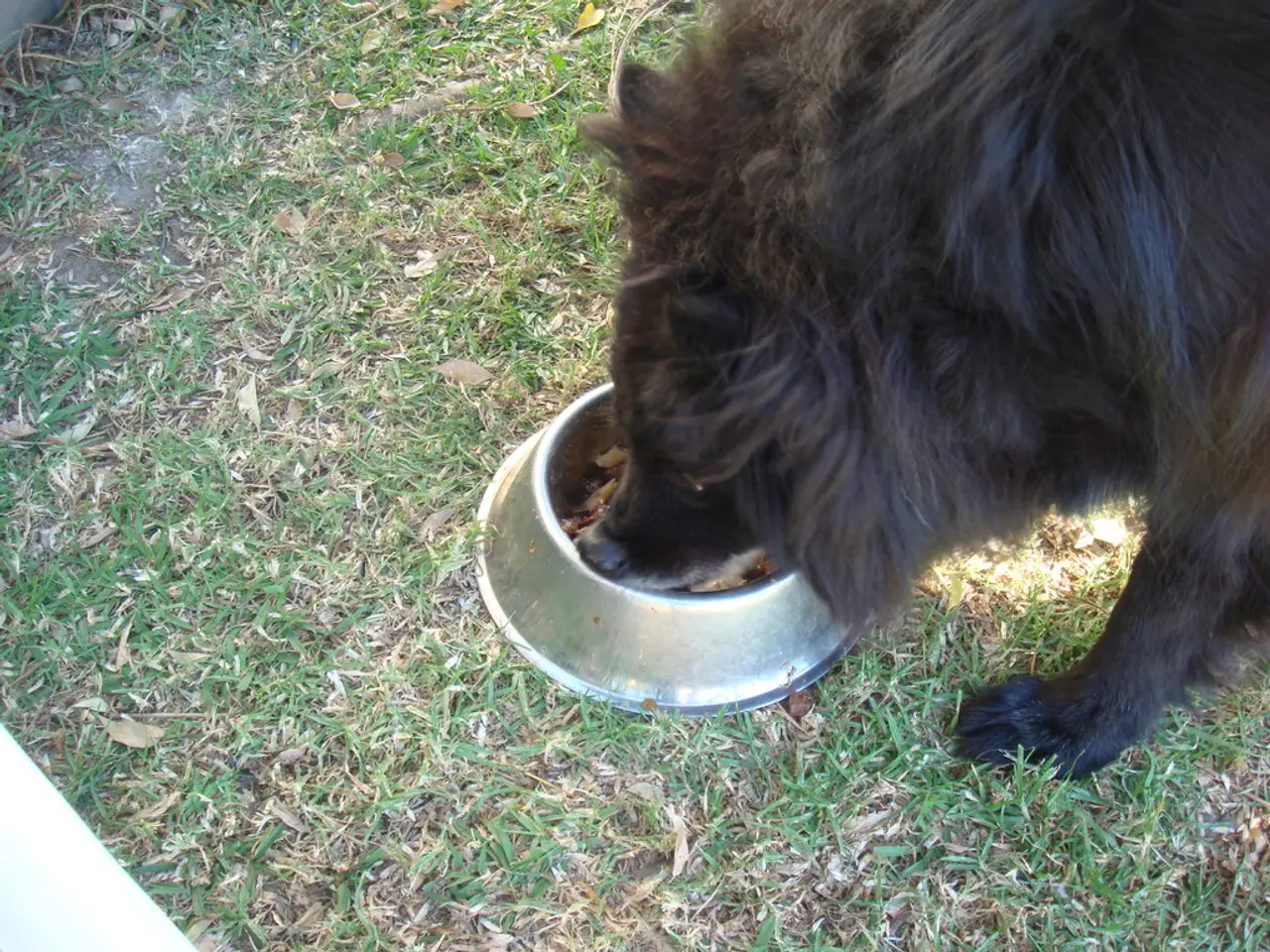Senate Democrats Call for Agriculture Committee to Reject Food Security and Farm Protection Legislation Previously Known as the EATS Act
In the ongoing debate surrounding the 2025 Farm Bill, a significant point of contention is the Food Security and Farm Protection Act (formerly known as the EATS Act). Despite not being separately enacted or labeled in the 2025 Farm Bill context, its core provisions seem to be subsumed within the broader One Big Beautiful Bill Act (OBBBA) framework.
The OBBBA, signed into law by President Trump on July 4, 2025, replaces key Farm Bill functions such as commodity support, crop insurance, and nutrition at a substantial funding level. However, the bipartisan coalition historically underpinning Farm Bill negotiations has fractured significantly due to the use of reconciliation to pass OBBBA. Republicans prioritized policy goals including increased commodity subsidies and cuts to SNAP (nutrition assistance), which Democrats view as undermining the bipartisan process and weakening nutrition programs.
Animal Wellness Action and the Center for a Humane Economy, two Washington, D.C.-based organisations led by Wayne Pacelle, have been vocal in their criticisms of S. 1326. These criticisms include the potential for the act to roll back animal welfare standards and infringe on states' rights. Specifically, the letter mentions the opposition to the act regarding voter-approved measures like California's Prop 12 and Massachusetts' Question 3, which restrict the use of gestation crates for pigs and battery cages for laying hens.
China's WH Group, parent company of Smithfield Foods, controls over a quarter of U.S. pork production. The potential dismantling of state animal welfare laws could lead to the construction of Chinese-style industrial pig farms in the U.S. with nonexistent animal welfare standards. Wayne Pacelle, president of Animal Wellness Action and the Center for a Humane Economy, stated that China would be the biggest beneficiary if Congress passes the EATS Act.
Thousands of U.S. farmers who invested in crate-free systems to meet market demand would be economically stranded if state laws like Prop 12 and Question 3 were nullified. Furthermore, passage of the EATS Act could accelerate consolidation in agriculture, turning independent producers into contract growers under foreign-controlled conglomerates.
Despite the controversies surrounding S. 1326, no other sector of American agriculture is calling for EATS-style legislation. The egg industry, which faced similar reforms, has adapted and opposes its commodity being included in the measure.
The U.S. Supreme Court's 2023 decision in NPPC v. Ross and the subsequent IPPA v. Bonta decision upheld the constitutionality of state laws regulating agriculture within state borders. As the 2025 Farm Bill negotiations continue, Animal Wellness Action and the Center for a Humane Economy will continue to advocate for keeping federal overreach out of the Farm Bill and preserving the rights of voters and states to promote more humane, safe, and transparent food systems.
For more information on the Senate Democrats' letter and the roster of signers, please visit this link.
- The ongoing Farm Bill debate, specifically the Food Security and Farm Protection Act (formerly known as the EATS Act), has become intertwined with policy-and-legislation, politics, and general-news, as it involves contentious issues such as animal welfare standards, states' rights, and nutrition programs.
- In the context of the 2025 Farm Bill negotiations, the One Big Beautiful Bill Act (OBBBA), signed into law by President Trump, has stirred up political tension, as its core provisions seem to subsume those of the EATS Act, prompting warnings from organizations like Animal Wellness Action and the Center for a Humane Economy about potential federal overreach in agriculture, undermining the bipartisan process, and weakening nutrition programs.








